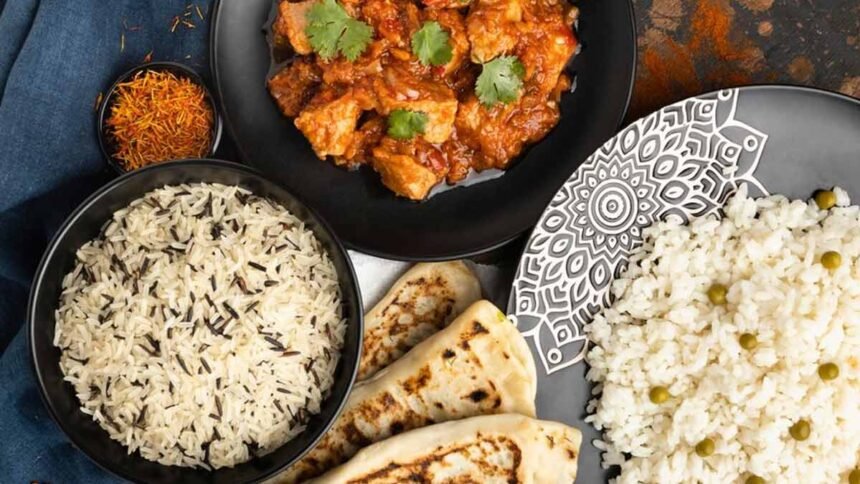When it comes to reheating food, many of us are guilty of simply popping leftovers into the microwave without giving it a second thought. However, there are certain food items that should never be reheated due to potential health risks. From tea to rice, here are five such items and the reasons why reheating them is not advisable.
Firstly, let’s talk about rice. Reheating cooked rice can lead to the growth of harmful bacteria called Bacillus cereus. These bacteria can multiply rapidly in rice that is left at room temperature for too long, even after it has been cooked. Reheating the rice does not kill these bacteria, increasing the risk of food poisoning.
Similarly, reheating cooked potatoes can also pose a health risk. When potatoes are cooked and then left at room temperature for an extended period, they can develop a toxin called solanine. Reheating the potatoes can further increase the levels of this toxin, which can cause digestive issues and other health problems.
Next on the list is spinach and other leafy greens. Reheating these vegetables can cause the nitrates present in them to convert into nitrites, which are harmful compounds. Nitrites have been linked to various health issues, including cancer. It’s best to consume leafy greens fresh or lightly cooked to avoid this risk.
Another food item that should not be reheated is chicken. Reheating cooked chicken can lead to the growth of harmful bacteria such as Salmonella and Campylobacter. These bacteria thrive in moist environments, making reheated chicken a potential breeding ground for foodborne illnesses.
Lastly, tea is another beverage that should not be reheated. Reheating tea can alter its taste and flavor profile, making it less enjoyable to drink. Additionally, reheating tea can also destroy some of its beneficial compounds, such as antioxidants.
It’s important to be mindful of the food items that should not be reheated to avoid potential health risks. By prioritizing freshness and proper handling, we can ensure that our meals are not only delicious but also safe and nutritious.
